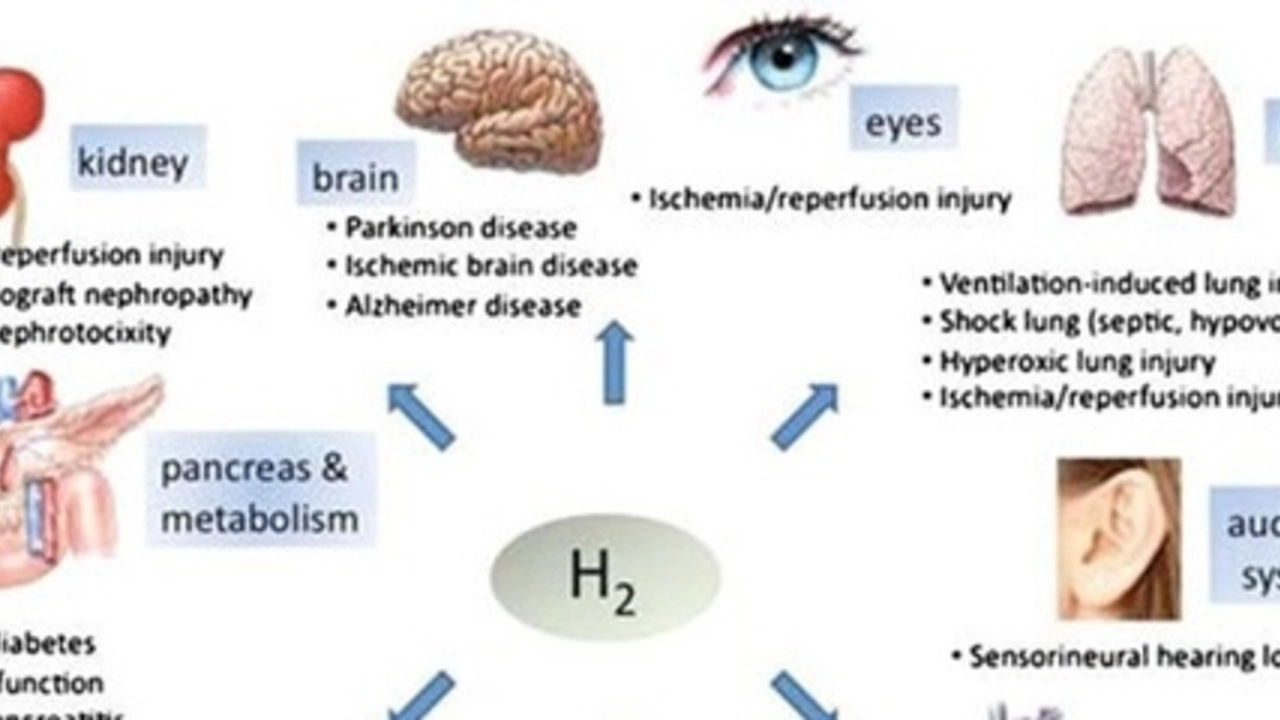Autoimmune disorders: what to watch for and what helps
Autoimmune disorders happen when the immune system attacks parts of your own body. That sounds scary, and sometimes it is, but knowing common signs and steps you can take makes a big difference. Fatigue, joint pain, unexplained rashes, brain fog, and changes in weight or digestion are frequent early clues. If symptoms stick around or get worse, get checked — early testing often leads to easier control.
Common examples include rheumatoid arthritis, lupus, Hashimoto’s thyroiditis, type 1 diabetes, and multiple sclerosis. Each one hits the body differently, so treatments and tests vary. Hashimoto’s may need thyroid hormone like levothyroxine; rheumatoid arthritis often uses steroids or disease modifying drugs; type 1 diabetes needs insulin. Your doctor will match treatment to the disease and to how active it is.
What usually triggers autoimmune flares
Triggers can be obvious or subtle. Infections, major stress, certain medications, and hormonal shifts often spark flares. Diet and gut health matter too for many people: processed food, high sugar, and alcohol can make symptoms worse. For some, quitting a trigger or adding anti inflammatory foods helps reduce flare frequency. Track your symptoms and what you ate, slept, or stressed about to see patterns.
Getting diagnosed and treated
Diagnosis starts with a clear history and simple blood tests. Doctors look for markers like autoantibodies, inflammation signals, and organ-specific tests. Imaging and specialist exams sometimes follow. Treatment goals are to control inflammation, protect organs, and keep you functioning. That usually means a mix of lifestyle changes, targeted medications, and routine monitoring.
Medications include anti inflammatory drugs, steroids such as prednisolone for short flares, immunosuppressants, and newer biologic drugs for stubborn cases. Thyroid problems often require hormone replacement. Some people benefit from physical therapy and mental health support too. Ask your clinician about vaccines, infection risk, and bloodwork schedules before starting strong immunosuppressants.
Many people wonder about natural approaches. Improving sleep, lowering stress, moving regularly, and eating a mostly whole food diet help most patients. Supplements like vitamin D and omega 3s can support immune balance for some people, but always check with your doctor before starting anything new.
Be careful with online medication sources. Look for licensed pharmacies, clear contact info, and verified reviews if you order drugs online. Avoid sites that offer prescription medicine without a prescription. If you see unfamiliar brands or unusually low prices, confirm the seller’s credentials first.
Living with an autoimmune disorder means learning your body. Keep a simple symptom diary, build a care team you trust, and ask for second opinions if a treatment isn't working. Small steady changes to sleep, stress, and diet often add up to fewer flares. If you notice new or worsening symptoms, contact your healthcare provider promptly — catching problems early helps protect your long term health.
Join a support group or online community to share coping strategies and medication experiences. Peer tips often help with daily routines, finding doctors, and staying motivated during long treatments and emotional support.

The Connection Between Reperfusion Injury and Autoimmune Disorders
Jul 6 2023 / Health and MedicineIn my recent research, I've found a fascinating connection between reperfusion injury and autoimmune disorders. Reperfusion injury, which occurs when blood supply returns to tissue after a period of ischemia or lack of oxygen, can trigger an inflammatory response. This can, in turn, lead to autoimmune disorders where the body's immune system attacks its own cells. Simply put, the damage caused by reperfusion can confuse our immune system, causing it to misfire. It's a complex topic, but understanding it could lead to breakthroughs in treating various autoimmune conditions.
VIEW MORE